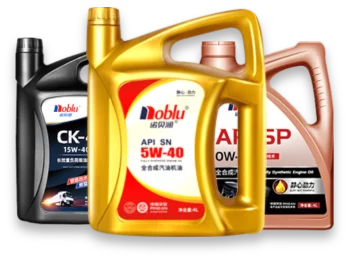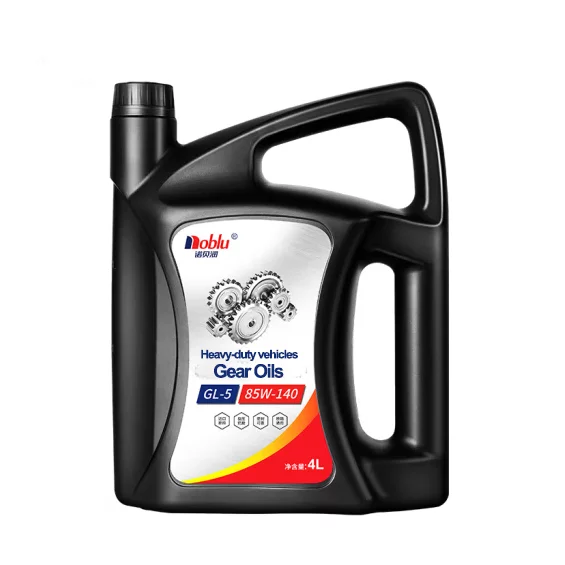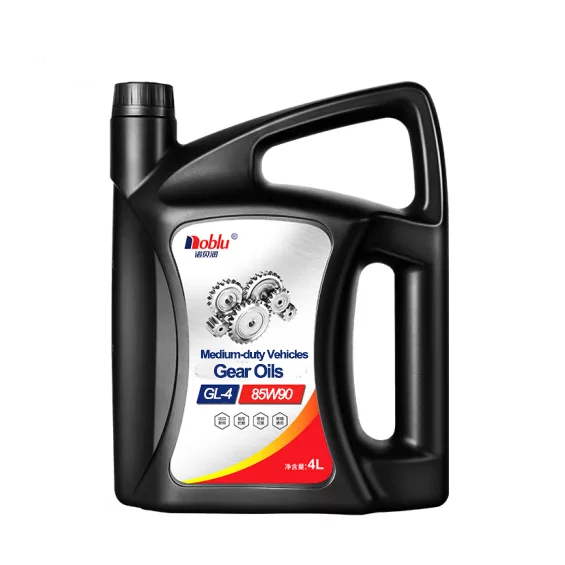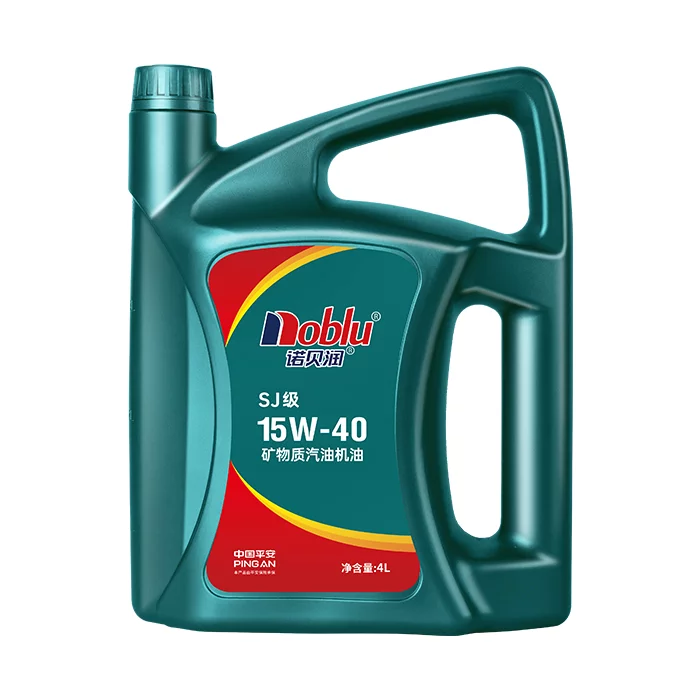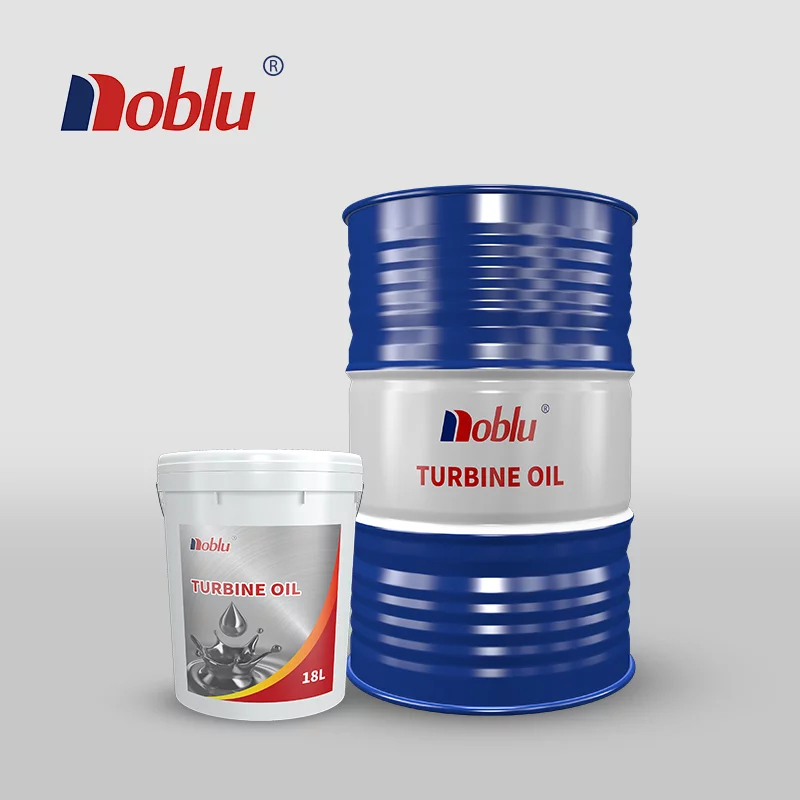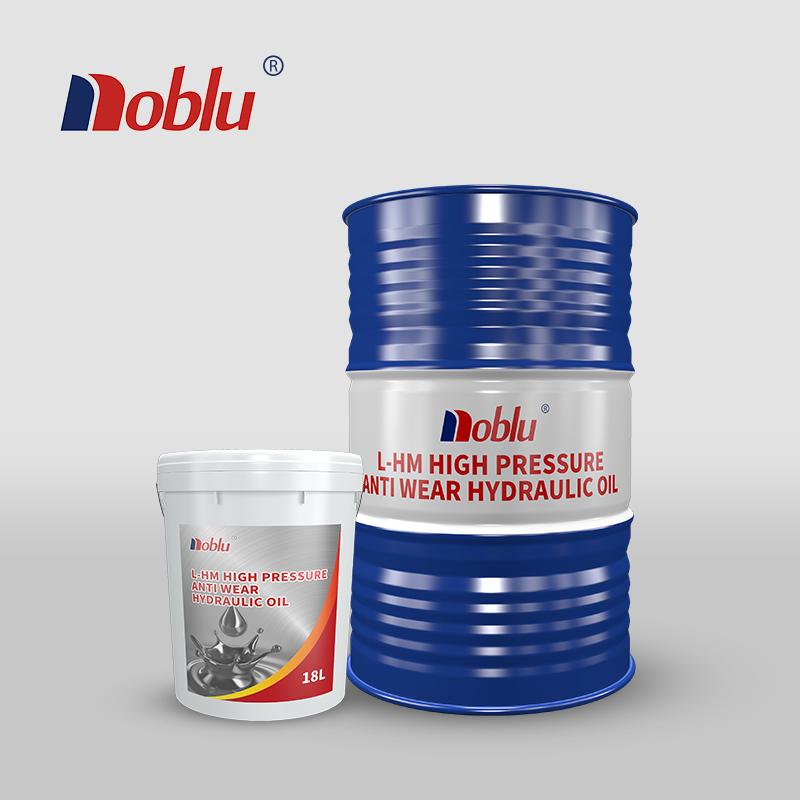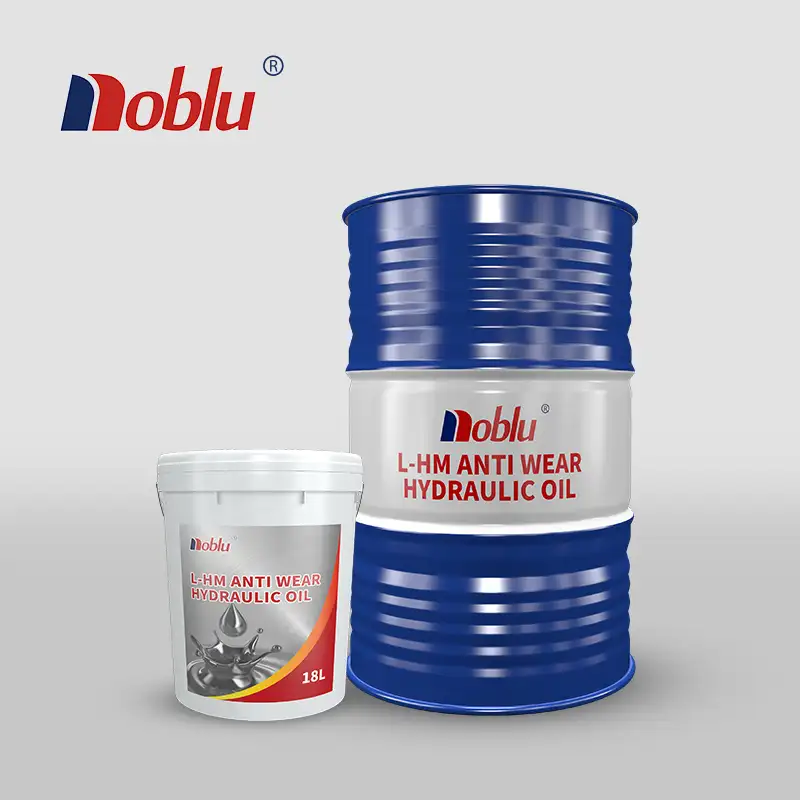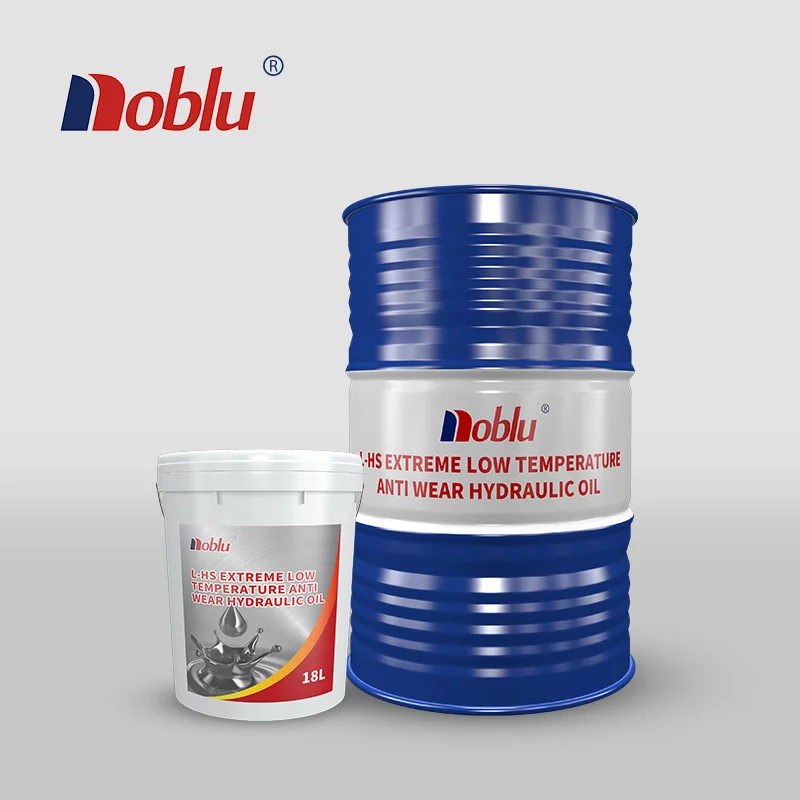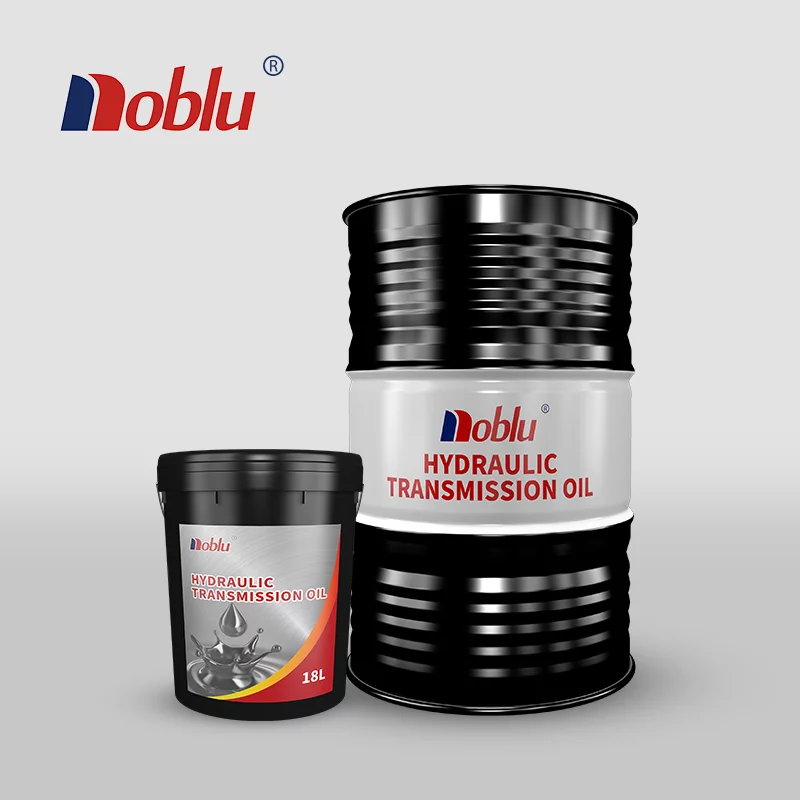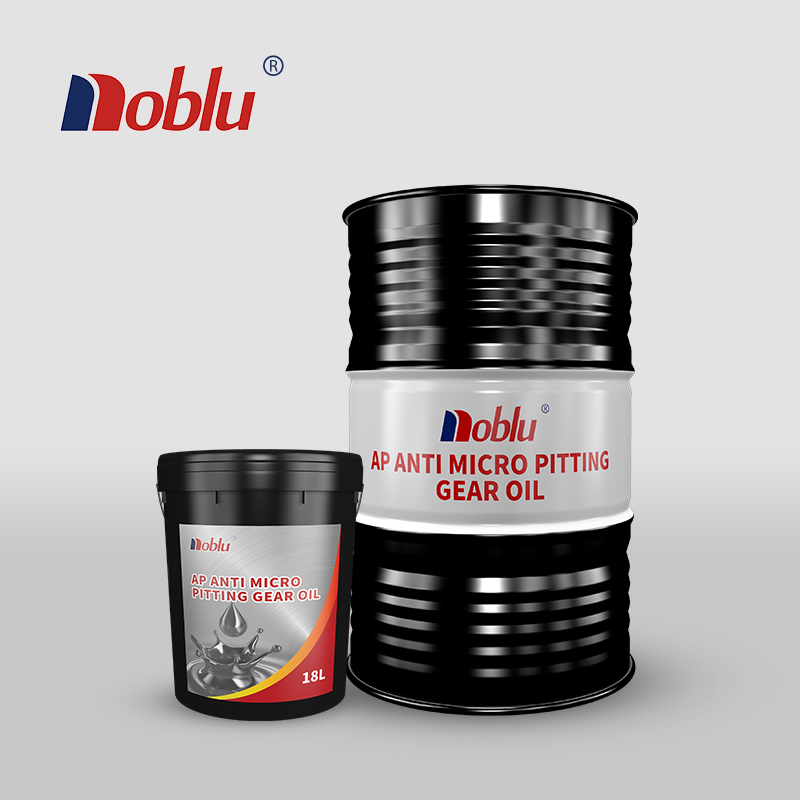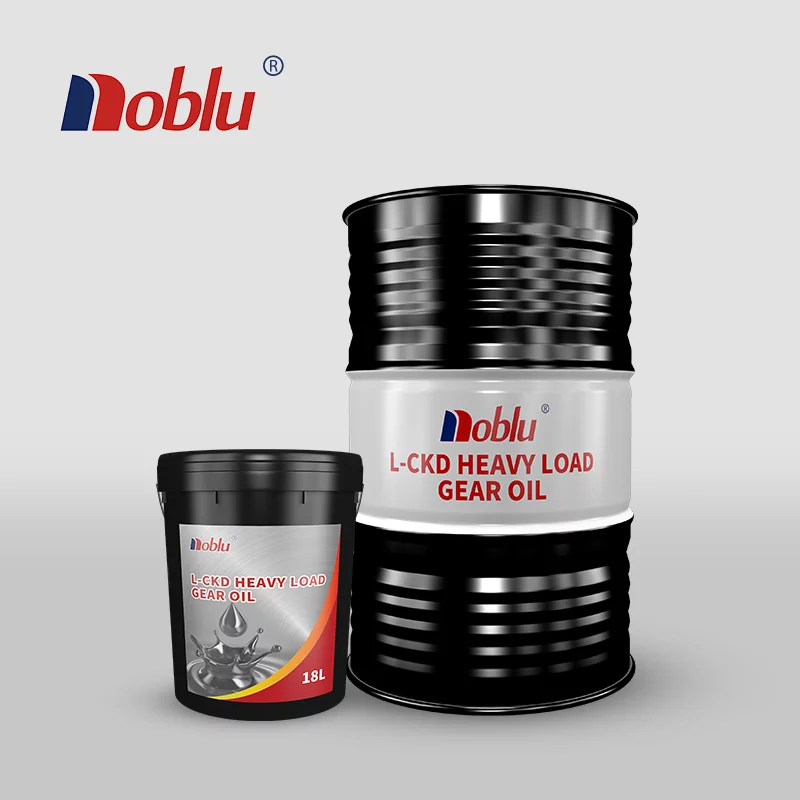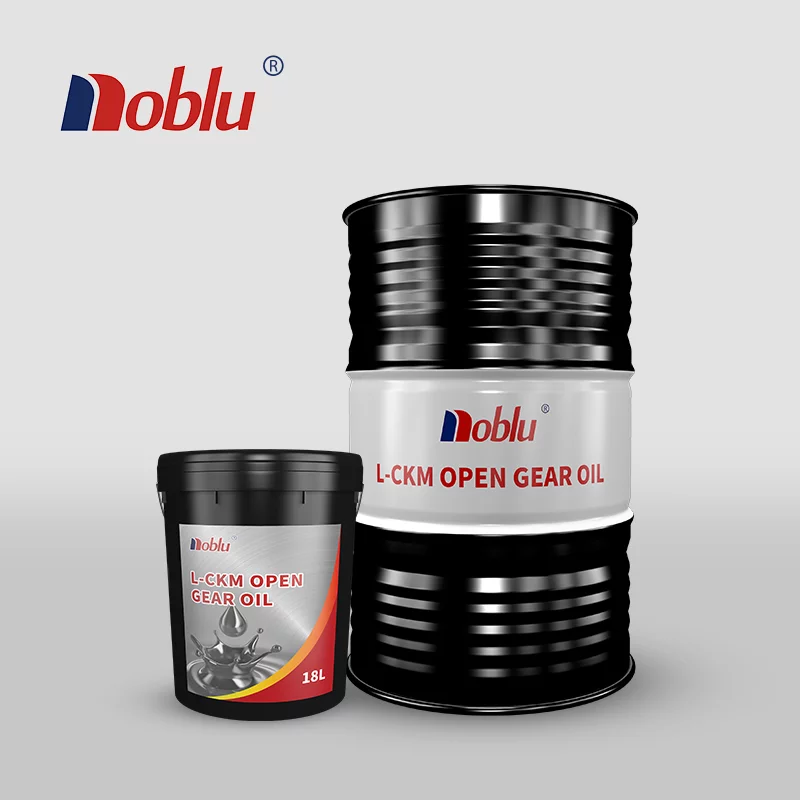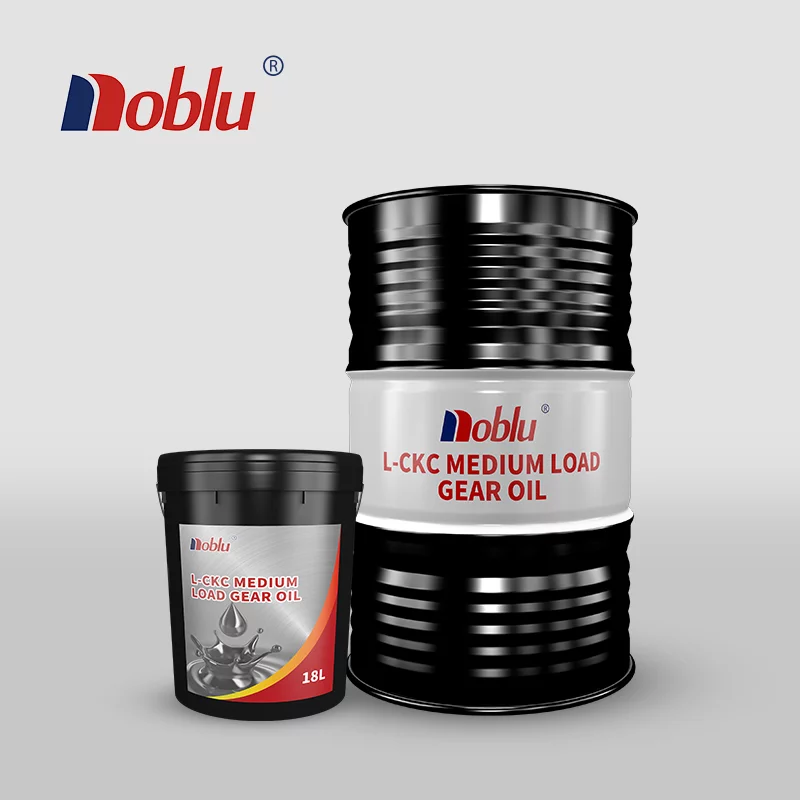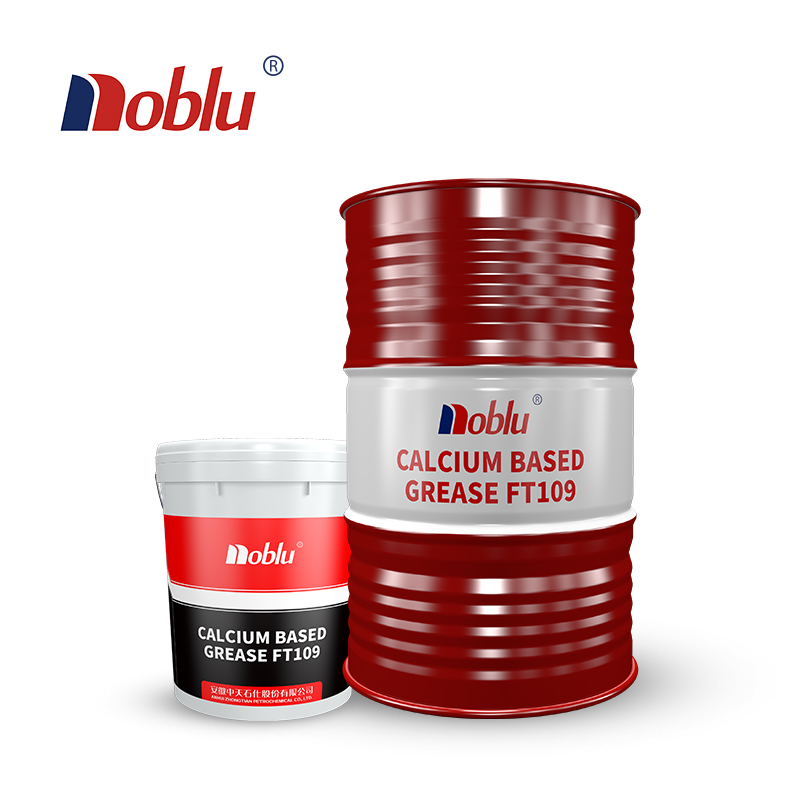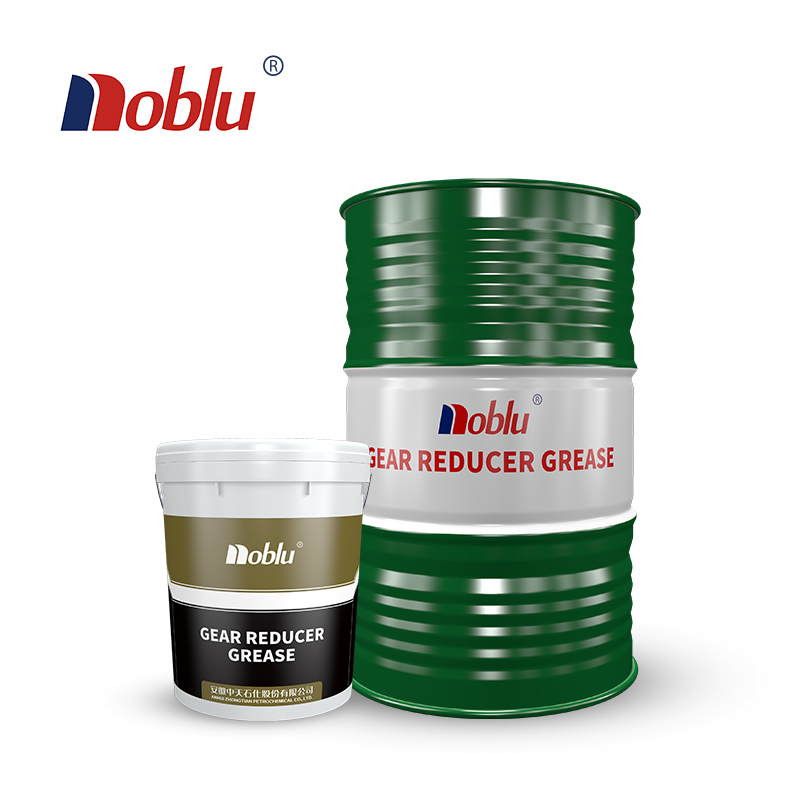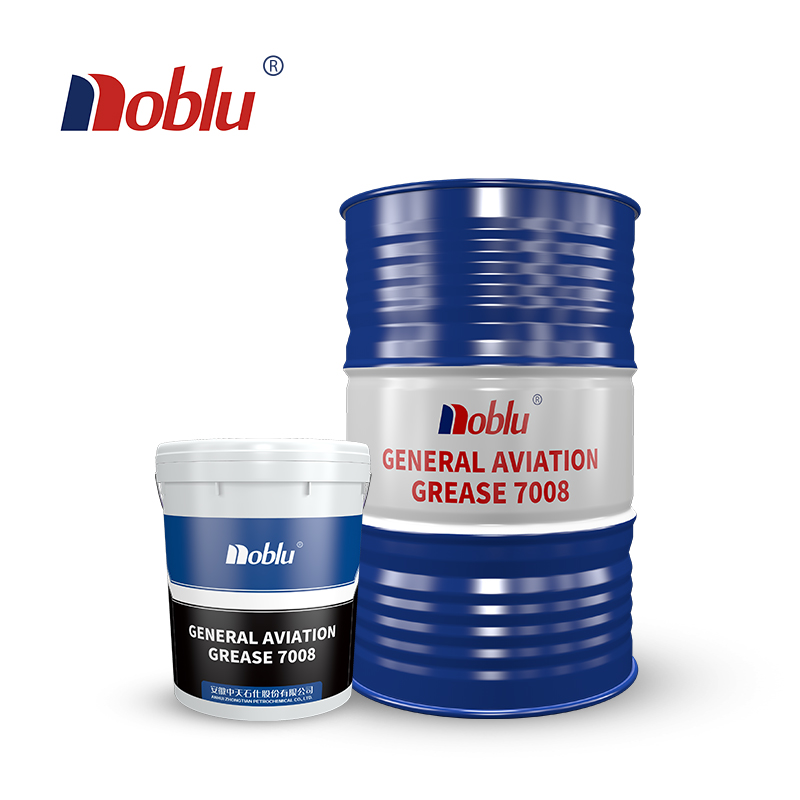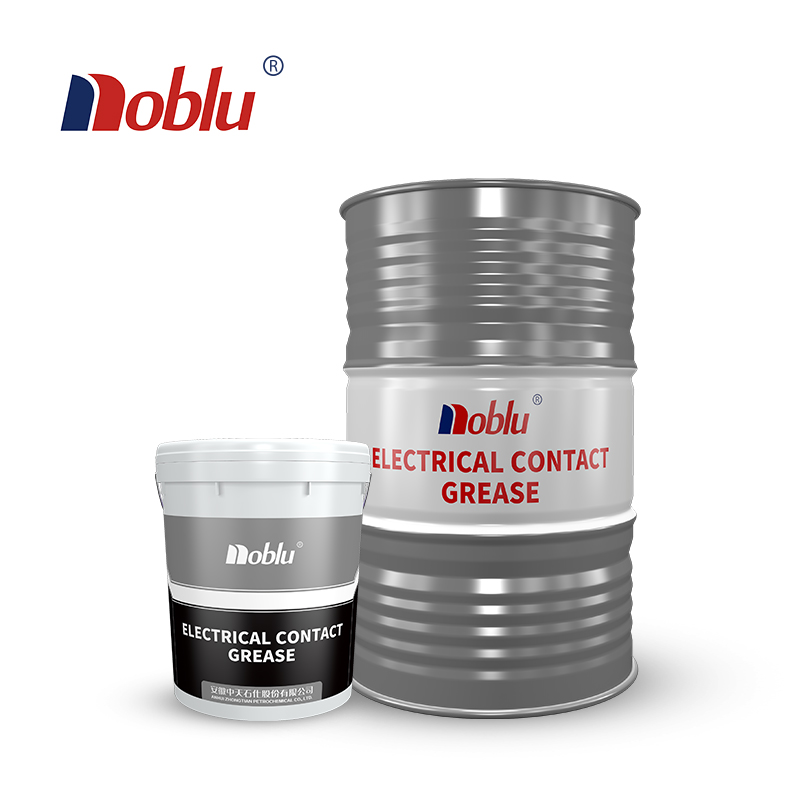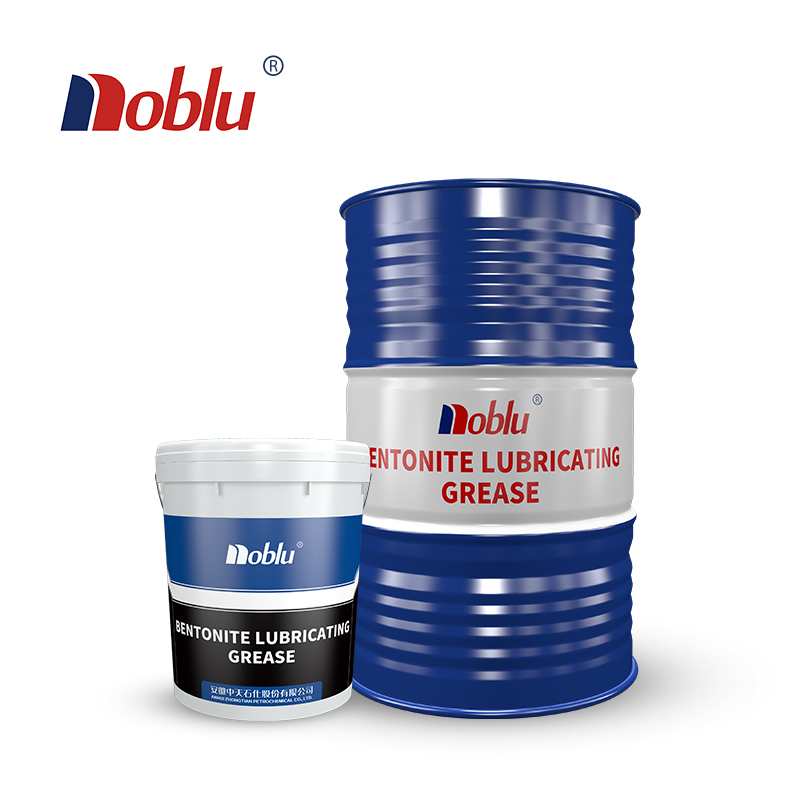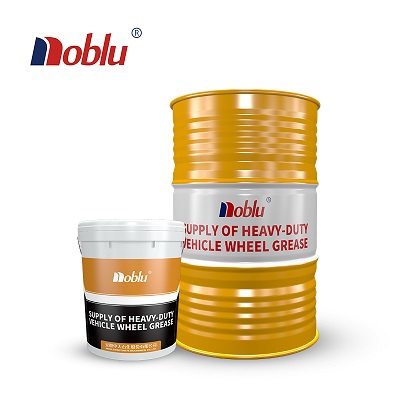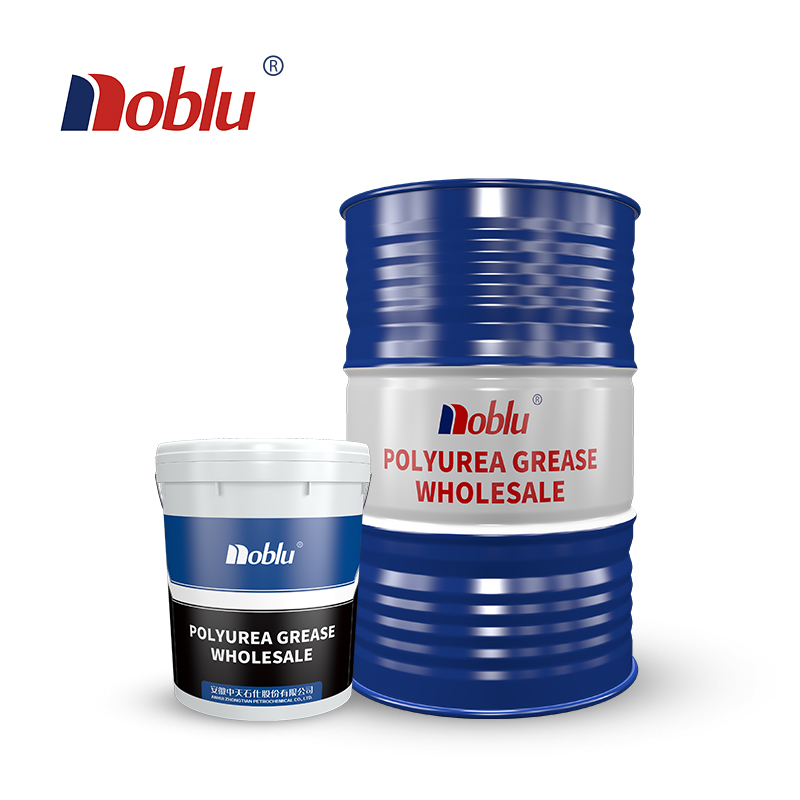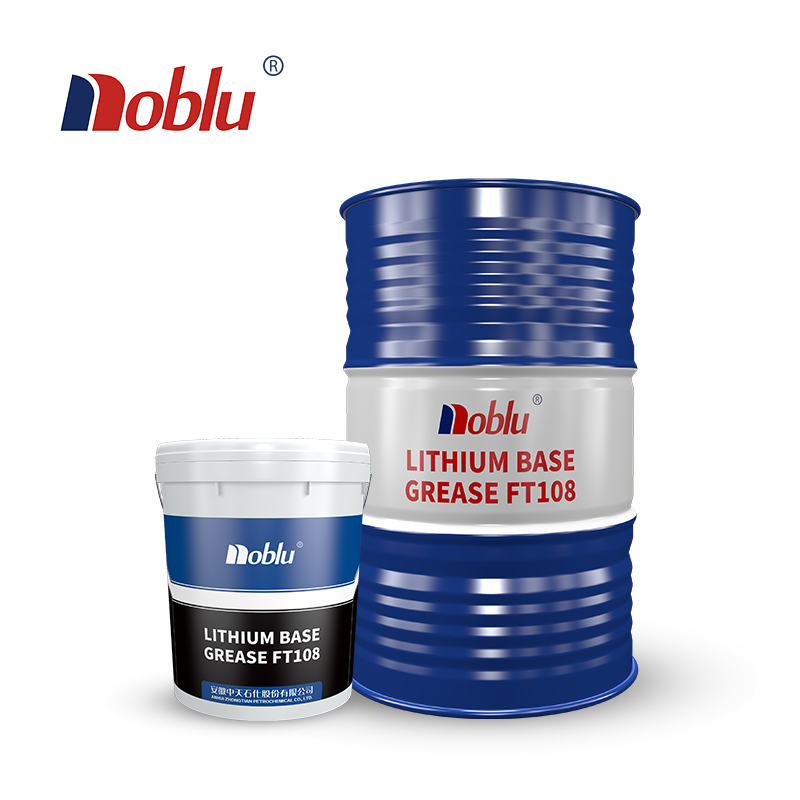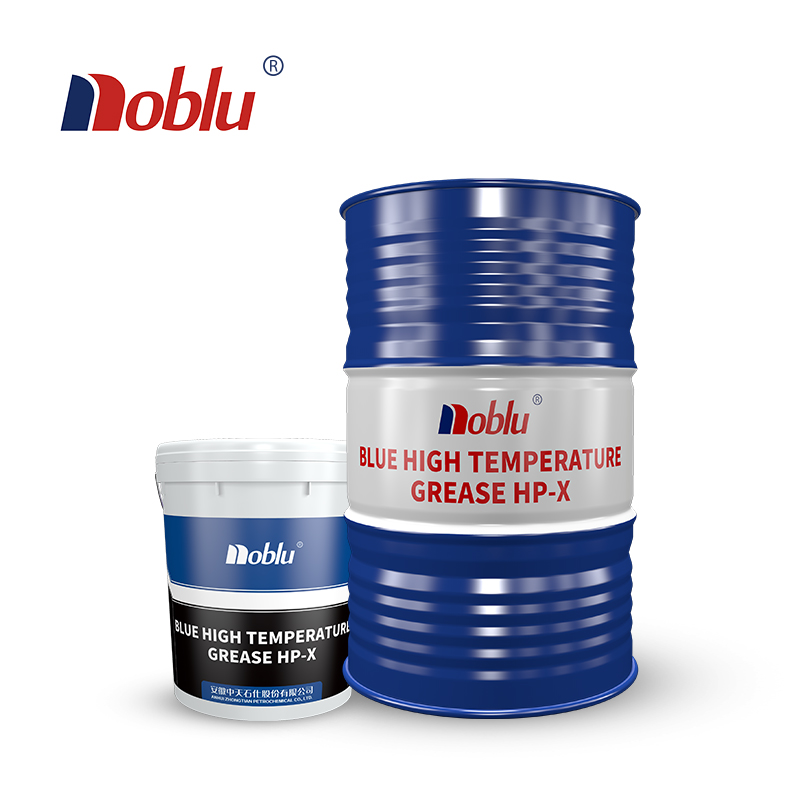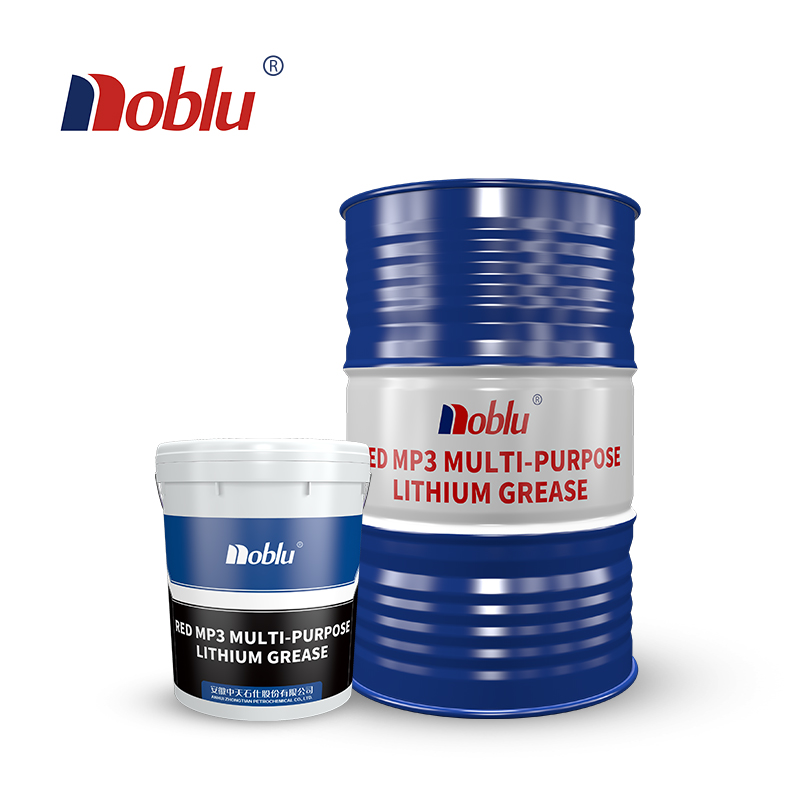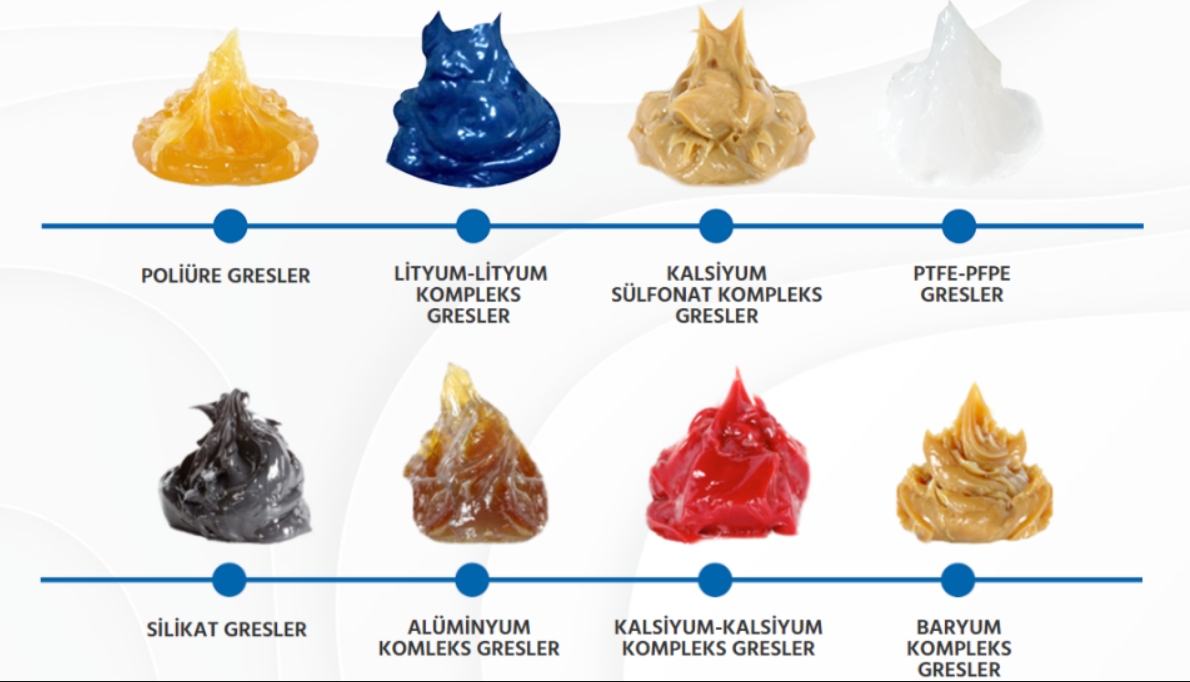Grease plays a pivotal role in the maintenance and longevity of machinery across various industries. Understanding the different types of grease and their specific applications is essential for selecting the right lubricant to ensure optimal performance and durability.
What Is Grease?
Grease is a semi-solid lubricant composed of a base oil, a thickening agent, and additives. The base oil provides the lubricating properties, the thickener gives the grease its consistency, and additives enhance performance characteristics such as oxidation resistance, corrosion protection, and extreme pressure capabilities.
Common Types of Grease
- Lithium-Based Grease
- Composition: Formulated by thickening mineral or synthetic oils with lithium soap.
- Properties:
- Excellent mechanical stability.
- Good water resistance.
- High-temperature tolerance up to 120°C.
- Applications: Widely used in automotive and industrial machinery for bearings, chassis, and general-purpose lubrication.
- Calcium-Based Grease
- Composition: Made by thickening mineral oils with calcium soap.
- Properties:
- Good water resistance.
- Effective in low-temperature environments.
- Less stable at higher temperatures.
- Applications: Suitable for marine and agricultural equipment where water resistance is crucial.
- Aluminum Complex Grease
- Composition: Created by thickening mineral oils with aluminum soap.
- Properties:
- High-temperature stability.
- Excellent water resistance.
- Good shear stability.
- Applications: Ideal for high-temperature applications such as ovens, kilns, and steel mills.
- Barium Complex Grease
- Composition: Formulated by thickening mineral oils with barium soap.
- Properties:
- High mechanical stability.
- Resistant to high operating temperatures.
- Resistant to various chemicals.
- Applications: Used in aeronautical, marine, and manufacturing sectors where heavy load-bearing capabilities are required.
- Polyurea Grease
- Composition: Synthesized by reacting polyisocyanate with amines, resulting in a non-soap thickener.
- Properties:
- High-temperature stability.
- Excellent water resistance.
- Oxidation stability.
- Applications: Commonly used in steel plants and electric motors.
- Bentonite (Clay) Grease
- Composition: Thickened with bentonite clay.
- Properties:
- High-temperature stability.
- Water resistance.
- Adhesive properties.
- Applications: Utilized in steel, mining, and ceramic industries.
Recent Trends in Grease Manufacturing
The grease industry is evolving with a focus on sustainability and performance enhancement. Manufacturers are developing eco-friendly formulations to meet environmental regulations and cater to the growing demand for sustainable products. Advancements in additive technology are improving the performance characteristics of greases, such as enhancing load-carrying capacity and reducing wear. Additionally, there is a growing trend towards synthetic greases that offer superior performance in extreme conditions, including high temperatures and heavy loads.
Selecting the Right Grease
Choosing the appropriate grease is crucial for machinery performance and longevity. Consider the following factors:
- Operating Conditions: Assess temperature ranges, exposure to water, and load requirements.
- Compatibility: Ensure the grease is compatible with existing lubricants and materials.
- Performance Requirements: Determine the need for high-temperature stability, water resistance, or chemical resistance.
- Environmental Impact: Consider eco-friendly options to align with sustainability goals.
Conclusion
Understanding the various types of grease and their specific applications is essential for maintaining machinery efficiency and extending service life. By selecting the appropriate grease based on operational needs and environmental considerations, industries can achieve optimal performance and reliability.
For more detailed information on industrial lubricants and grease types, visit Zhongtian Petrochemical.

